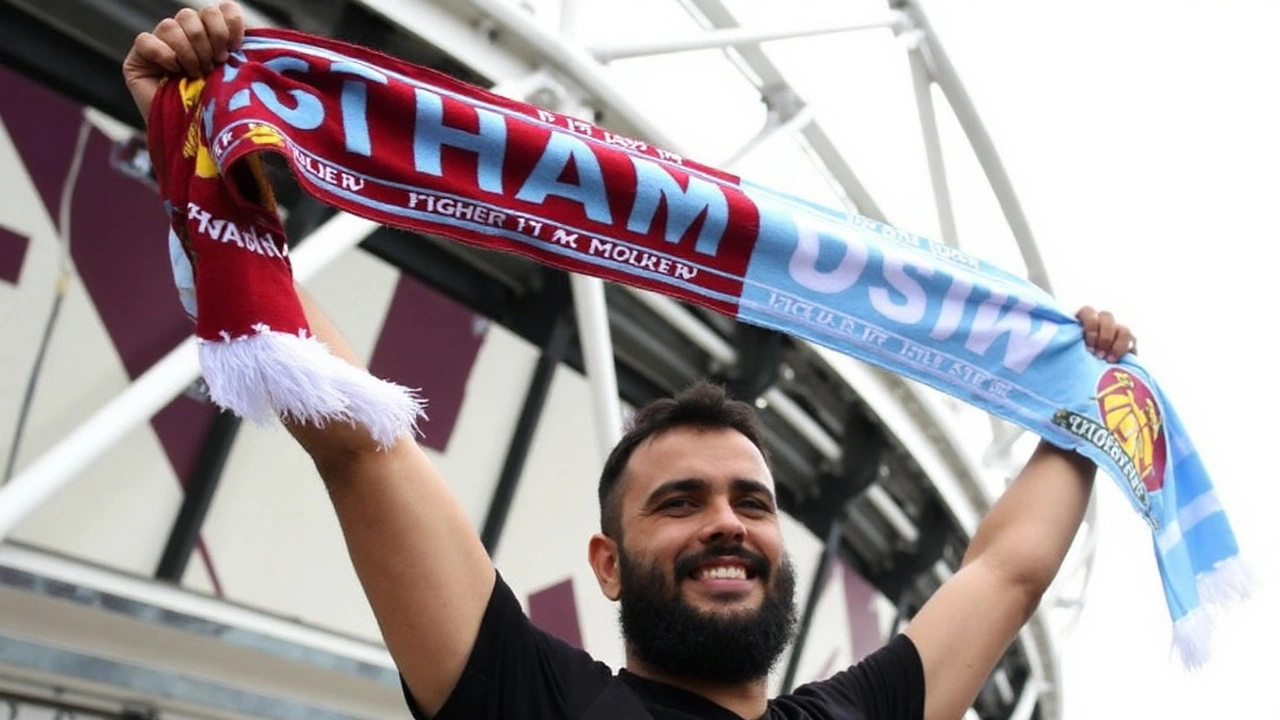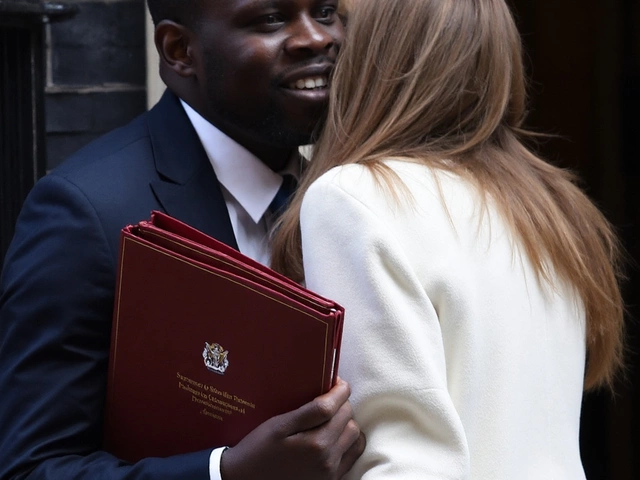VAR Controversy: What’s Really Going On?
Video Assistant Referee, or VAR, was introduced to cut down on clear mistakes. Instead of fixing the game, it often adds new drama. Fans shout, players argue, and pundits go back and forth on whether the tech is a blessing or a curse. Let’s break down why VAR keeps sparking controversy and what could make it work better.
Common VAR Issues That Fuel the Debate
First off, timing is a major pain point. A referee might halt play for a quick check, then let the game run for several minutes before announcing a decision. That pause disrupts momentum and leaves everyone guessing. Add to that the “subjective” calls—off‑side lines, handballs, and fouls—that still rely on human interpretation, even after a replay.
Second, transparency is lacking. Most broadcasts show the replay, but the on‑field decision‑making process stays hidden. Fans see the clip, not the discussion between the referee and the VAR operator, so they fill the gap with speculation, anger, or conspiracy theories.
Third, consistency is scarce. One league might allow a marginal off‑side, while another disallows a barely legal pass. Players traveling between leagues quickly learn that the same action can be judged differently, which feels unfair and erodes trust.
How to Make VAR Less Controversial
Speed up the review. A clear, pre‑set time limit—say 30 seconds for most checks—would keep the flow intact. If a decision needs more analysis, officials could signal a brief stoppage and explain the extra time.
Increase transparency. A small on‑screen graphic could show when VAR is being consulted and display the final decision’s rationale in simple terms. This small clue would cut down on wild speculation.
Standardize rules across competitions. A universal handbook for what counts as a clear and obvious error would limit the “it depends on the league” excuse. Coaches, players, and fans would know exactly what to expect.
Lastly, educate fans. Short “how VAR works” segments before matches or during halftime can demystify the process. When viewers understand the technology’s limits, they’re less likely to blame every missed call on the system.
In short, VAR isn’t the villain—it’s a tool that needs better handling. Faster reviews, clearer communication, and consistent guidelines could turn the controversy into confidence. Until then, expect debates to keep rolling, just like the ball on the pitch.

Premier League response to West Ham–Tottenham controversy: what we know and what’s likely next
No official Premier League announcement has followed the contentious West Ham–Tottenham match, but the incident is under the usual review process. Expect scrutiny of VAR decisions, added time, and any potential red-card or penalty flashpoints. West Ham’s recent defensive wobble adds fuel to the debate. Here’s how the league typically handles it and what could be clarified next.
View More



